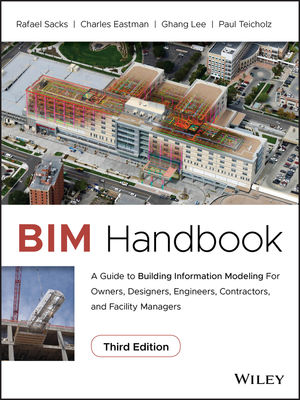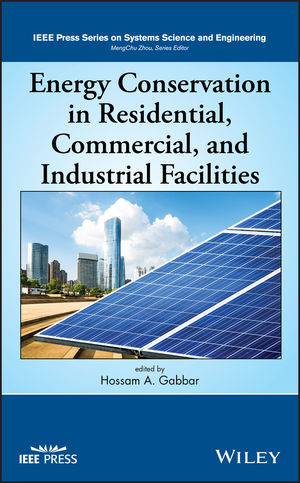A state of chaos
The U.S. Supreme Court dealt a blow to appliance and equipment manufacturers in June when it elected not to hear an appeal by the Air Conditioning and Refrigeration Institute (ARI) in the organization's efforts to turn back the California Energy Commission's Title 20 regulations.In short, the ruling means that states could set their own, perhaps stricter, energy efficiency regulations beyond the current federal regulations. The scenario opens the door for manufacturers to try to meet up to 50 different sets of rules, depending on where a given individual unit might be sold, instead of meeting a single set of federal guidelines. From there, you can see the manufacturing and logistical problems expand like Freon from a bad hose.
ARI's general counsel, Stephen Yurek, surmised that allowing the states to impose this additional layer of regulation "will eventually hurt U.S. manufacturers and drive jobs overseas."
Not a pretty picture, and it can't be good for consumer prices, either. I suppose the focus shifts now to whether states can be persuaded to set codes with some measure of uniformity, regionally if nothing else, to minimize the crazy-quilt effect that makers of a wide variety of appliances may face.
X-ray vision is so ‘20th century'
Last month's bookmark maintenance session also turned up a February story that I had noted on the London Times website (www.timesonline.co.uk). The headline reads, "Science invents invisible buildings." Not surprisingly, this headline overstates the case just a little bit. But check out the research involved: studying microscopic crystals for use in a building material that could be manipulated by a laser at will to reveal what is behind it.For those requiring a scientific explanation of the efforts by researchers in London and Switzerland, a different piece at www.physorg.com explains:
"In order to make this breakthrough, the team created specially patterned crystals only a few billionths of a metre in length that behaved like ‘artificial atoms'. When light was shone into the crystals, it became entangled with the crystals at a molecular level rather than being absorbed, causing the material to become transparent."
See, it's easy! While that article points out that such technology could be valuable in earthquake response and medical examinations, the Times article was quick to point out that invisible-on-demand walls could be the new best friend of facility staff trying to troubleshoot problems with mechanical or electrical systems.
I suspect that could also prove quite handy for building tours, not to mention for commissioning agents. I also suspect owners would have to be very careful with this technology; it's not difficult to imagine an accident or some mischief causing a hotel manager's worst nightmare.
When you arrive, autumn leaves
Did someone mention hotels and commissioning? I can promise that the Sturbridge Host Hotel & Conference Center On Cedar Lake in Sturbridge, MA is not constructed with anything that will allow anyone to spy on you as you read the paper in your bathrobe, should you stay for the weekend. However, I can assure you that the hotel is set to welcome you for our jam-packed, one-day Owners' Commissioning & TAB Seminar, coming right up on October 13.Our friends at RDK Engineers have arranged an informative series of sessions on commissioning nuances and concerns throughout the design, construction, project closeout, and warranty phases to equip any owner to handle what can seem like a daunting process with confidence. In addition to the normal conference goodies, attendees will also take away suggested RFQ and RFP materials for use on future projects.
Time is getting short to join us for this enlightening day in a beautiful setting on what should be a prime New England fall day. Swing by www.esmagazine.com/commissioning to get details and register to join us.




